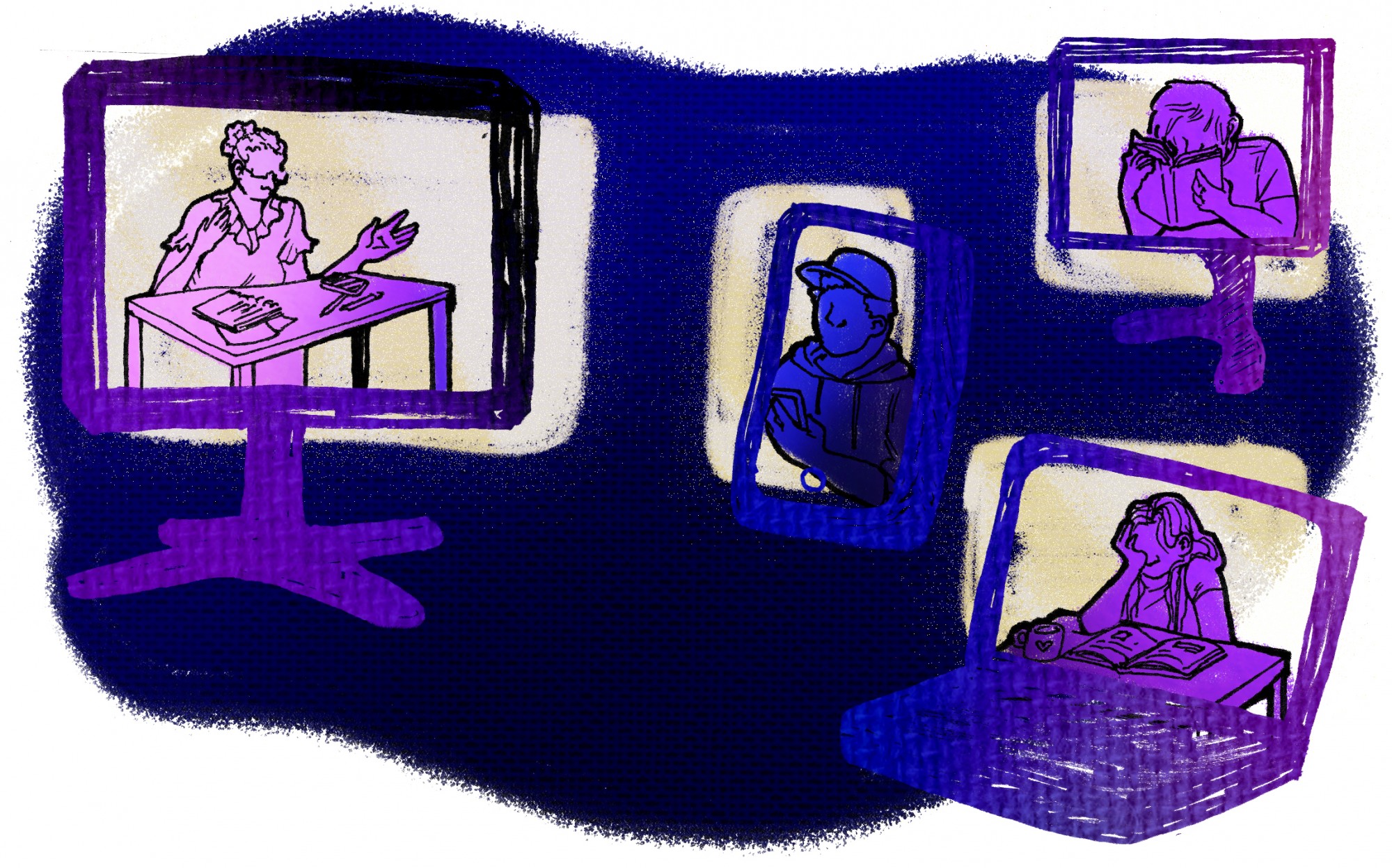Several University of Minnesota advocacy groups are demanding that online classes be the default systemwide during fall semester to protect communities who are disproportionately impacted by COVID-19.
On June 12, the Critical Disability Studies Collective and Imagine Co-Chairs of Arts, Design and Humanities released an open letter to address power dynamics and how COVID-19 impacts people with disabilities as well as Black and Native communities. The open letter highlights concerns from faculty, staff, instructors and students.
The CDSC is a University group and affiliate of the Race, Indigeneity, Gender & Sexuality Initiative (RIGS). The CDSC aims to deepen the University’s engagement with disability in academia. The Imagine co-chairs consist of three faculty members: Tammy Berberi, Jigna Desai and Jennifer Row, who are working to develop a CDSC minor or program.
More than 500 students, faculty and staff signed in support of the open letter. CDSC and the Imagine co-chairs will share the letter with President Joan Gabel and other University officials.
“The University can again position itself at the forefront of just social transformation by fully acknowledging the complex health, socioeconomic, racial and participatory disparities that COVID-19 has brought to light,” the open letter reads.
Many faculty, instructors, staff and students with illnesses that put them at a higher risk for COVID-19 say they are worried about campus reopening.
Currently, the fall semester will have a mix of online and in-person classes and will end by Thanksgiving break, according to Gabel’s reopening plan. Social distancing measures will be implemented on campus, and some classes may be held in the evenings or on Saturdays. Furthermore, masks are not required but highly recommended in spaces on campus.
Though Gabel’s reopening plan was approved by the Board of Regents in June, the open letter raised concerns with in-person classes, addressing the power dynamic with faculty and instructors who feel their job security might be threatened or feel uncomfortable requesting to teach online.
“There are people who are tenured or who feel like they have a lot of job security … who really get to control how and where they work,” said David Perry, senior academic advisor in the history department. “[Others] may very well worry about what message is being sent if they ask to work remotely or teach remotely: How will they be judged?”
By setting the default to online classes, individuals would not be required to disclose information about their reasons to learn or work remotely, according to the open letter. In addition, the letter requests the option for instructors to petition to teach in person and incorporate social distancing in classrooms.
Jen Hughes, a graduate student and instructor, signed in support of the open letter. She teaches classes in the anthropology and gender, women and sexuality studies departments, with around 50 students per class. In previous semesters, she said she often worked 90 hours a week.
“There’s definitely a culture of ableism so you have to prove that you deserve an exemption, and you have to demonstrate that you deserve an exemption,” Hughes said.
Currently, Hughes does not know whether she will be asked to teach during the upcoming fall semester but said she hopes to teach online because of COVID-19 regardless.
“The [current] default is that everyone is 100% able to do everything that everyone else is,” Hughes said. “And it’s sort of frowned upon if you can’t show that you have the academic rigor — those keywords are rigor — to keep up with everybody else.”
Sarah Huebner is a graduate student and staff member who co-founded the Organization for Graduate and Professional Students with Disabilities.
“I really felt like people with disabilities don’t have much of a voice at the University, and I think that needs to change, especially when people are serious about equity and inclusion,” Huebner said.
The open letter includes recommendations from the Accessible Campus Action Alliance statement on disability, including best practices and guidelines on campus reopenings. The ACAA is a group comprised of faculty with disabilities and allies who have expertise in accessibility, health equity and higher education.
“Principles of accessible and universal design recognize that measures taken in advance are preferable to last-minute measures that are often more expensive and less convenient to all parties. This approach avoids singling out disabled people as exceptions and instead recognizes the shared vulnerability and need for care in these unprecedented times,” the ACAA statement reads.
After COVID-19 social distancing restrictions went into effect, the University immediately transitioned to online classes until the end of last spring semester. Many faculty, students, instructors and staff with disabilities had requested accommodations before the pandemic to learn or teach remotely, but the University did not offer them, Huebner said.
“Hopefully [we can] get the administration to think a little bit longer about exactly why it’s choosing to do these things,” Huebner said. “We’ve all proven as a University community that we can function over Zoom. It’s not ideal, but it’s better than having a huge outbreak at the University.”
In addition to the open letter, the CDSC and the Imagine co-chairs are planning to include more recommendations concerning mental health, support for online learning and other issues that may arise in the fall semester.
The open letter reads, “In keeping with ACAA recommendations, we urge you to center our community’s most marginalized members, and to make a swift decision to establish on-line teaching as the system-wide default for fall semester.”








